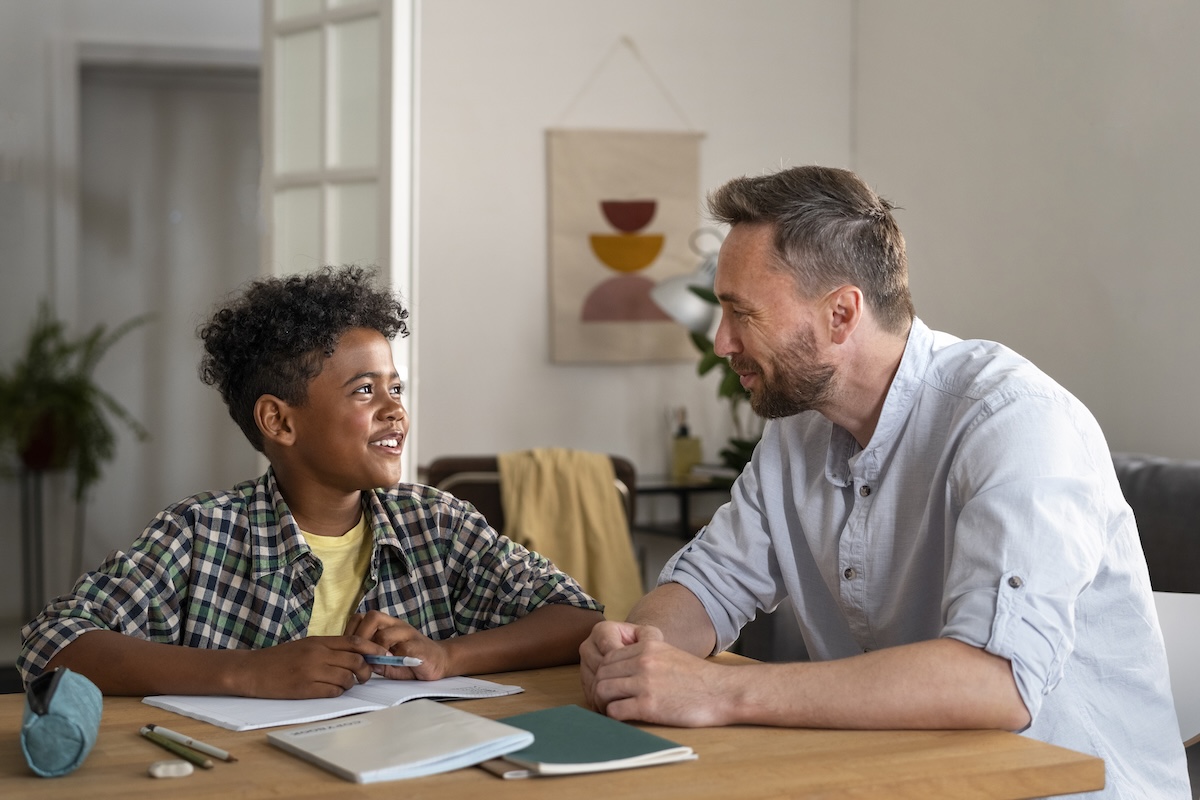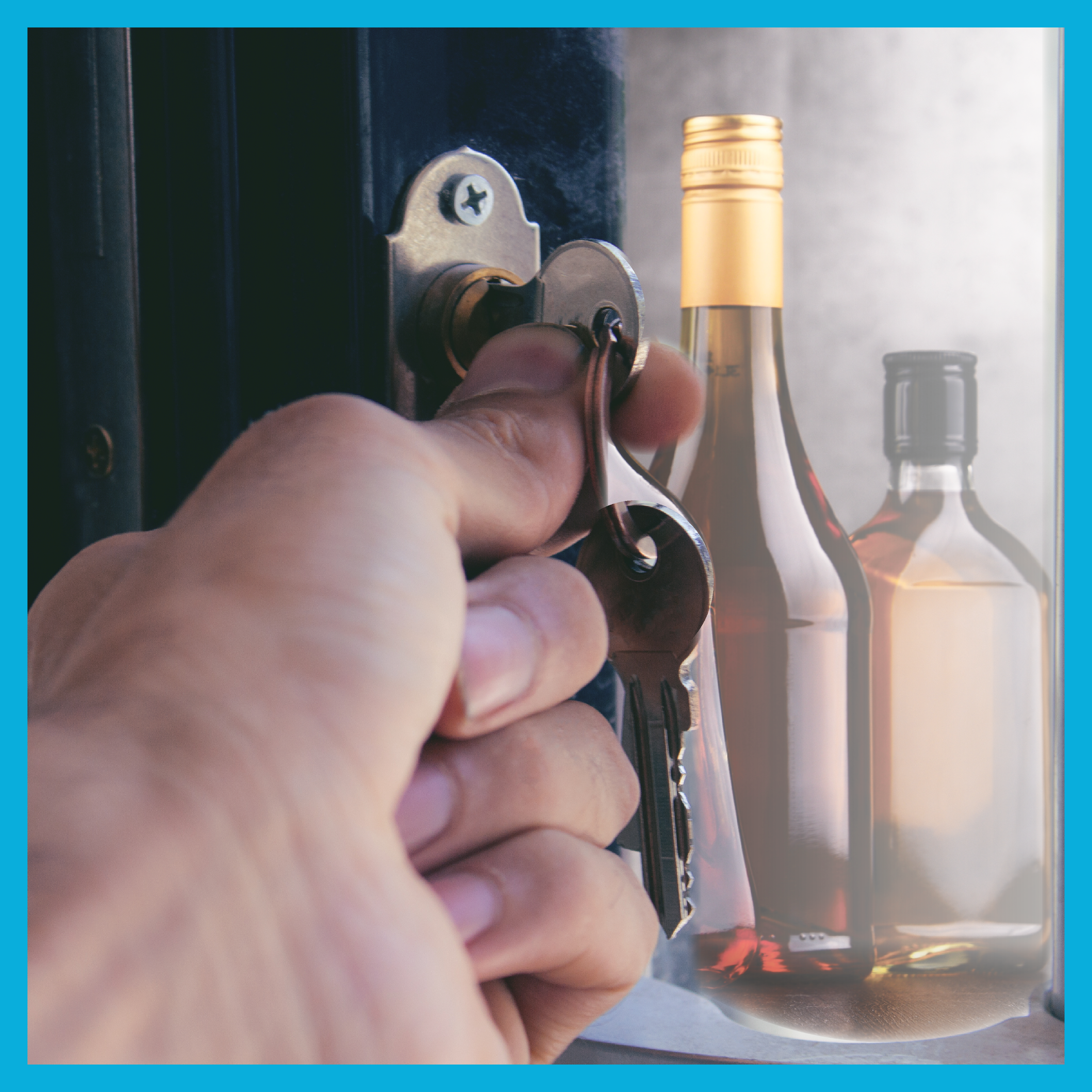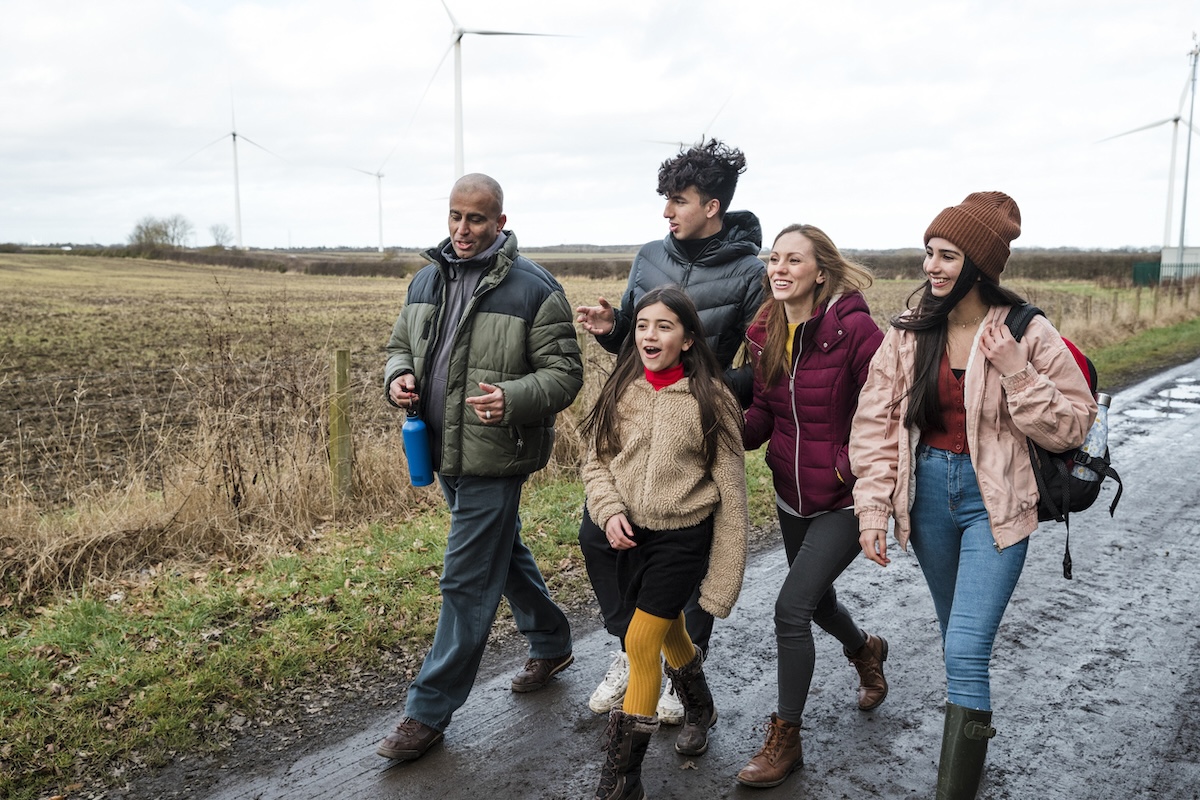Allowing Your Teenager to Drink: Is it Ever OK?

Raising teenagers can be complex and confusing, especially when it comes to alcohol. With so much information and noise out there — from other parents and social media, for example — it can be a challenge trying to navigate it all and know if you’re doing the right thing. When teens start becoming curious about alcohol, some parents may wonder if there are circumstances where it’s okay to let their teenagers drink underage. However, the laws in North Carolina, as well as substantial research, provide clear answers: allowing your teenager to drink alcohol is never okay.
Why Allowing Your Teenager to Drink Is Never OK
“If you’re going to drink, I’d rather you just do it here.”
You may have heard something similar said to teenagers from other parents, your parents, or from relatives. They mistakenly believe that allowing a teenager to drink at home can keep them safe and supervised. Not only can this stance be problematic, but it’s also illegal. In North Carolina, it’s a criminal offense for anyone under the age of 21 to consume or possess alcohol.
North Carolina also is a zero-tolerance state, explicitly prohibiting minors from consuming any amount of alcohol and driving. Penalties can include fines, community service, and even suspension of their driver’s license.
Underage drinking can be dangerous — supervised or not. Data from the National Institute on Alcohol Abuse and Alcoholism (NIAAA) show that teens who start drinking before age 15 are 3.5 times more likely to develop Alcohol Use Disorder (AUD) compared to those who wait until they’re 21.
The Science Behind the Law
The human brain continues to develop until about the age of 25, making adolescents particularly susceptible to the harmful effects of alcohol. Alcohol not only impairs cognitive and motor functions, but it can also affect academic and athletic performance, slowing reaction times for up to 72 hours after consumption.
Adolescents who consume alcohol are also at an increased risk for developing dependency, which can lead to long-term health issues, including mental health disorders like depression and anxiety.
You Can Make a Difference
Now that you know underage drinking is never okay, you can still make a difference. Instead of monitoring a drinking function or allowing your child a sip every once in a while, try these positive practices to prevent underage drinking:
- Be a Parent, Not a Friend: At Talk it Out NC, we use the phrase “be a parent, not a friend.” It can be hard to do both, and sometimes the line between the two roles can be blurry. Authoritative (not authoritarian) parenting is widely seen as the most effective parenting style.
- Talk About Alcohol: Open, honest conversations are one of the best ways to help prevent underage drinking (and a majority of young people feel the same way!). Use age-appropriate conversation starters and topics. Remember to talk early and often.
- Let Teens Know You’re There for Them: When your teen knows they have an adult in their corner who won’t judge them, they’re more likely to open up about more difficult topics such as alcohol, peer pressure, or their emotional well-being. Connect with adolescents and talk often. You can even implement the X-Plan, which allows a teen in an uncomfortable situation to simply text “X’ to a parent for an immediate ride, no questions asked.
As tempting as it might be to loosen the reins, allowing your teenager to drink is never the right answer. But parents, mentors, and other trusted adults can make a positive impact. A conversation is one of the best steps to take to raise healthy children. Start the Conversation today and help prevent underage drinking.



